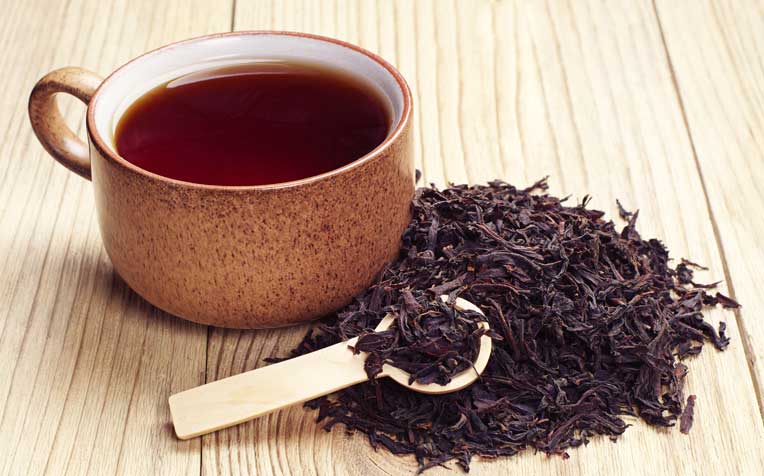
Black tea may contain neuro-protective agents that contribute to its health benefits against Parkinson disease.
When you think about treating diseases, medicines would probably be the first line of defence. But recently, it is the humble cup of black tea that is stoking the interest of a group of researchers at the National Neuroscience Institute (NNI), a member of the SingHealth group.
Study reveals that black tea may lower risk of developing Parkinson disease
A study led by Associate Professor Louis Tan, Senior Consultant at the Department of Neurology, National Neuroscience Institute (NNI) and lead researcher with other neurologists from the NNI, and Dr Koh Woon Puay, assistant professor from the Yong Loo Lin School of Medicine at the National University of Singapore (NUS), has revealed some extraordinary findings.
The researchers discovered that those who drink 23 cups of black tea a month are 71 per cent less likely to develop Parkinson disease (PD). Black tea may contain neuro-protective agents that contribute to its health benefits against PD.
The benefits of the beverage were not linked to its caffeine content, showed the results of the study that included about 63,000 men and women between ages 45 - 74. The findings were first published in the online issue of the American Journal of Epidemiology in December 2007.
While caffeine was associated with a protective effect, the benefits of black tea were not affected by the caffeine content. When adjusted for the caffeine level in black tea, the results were almost the same. This proved ”there’s something in black tea other than caffeine that protects,” said Dr Koh.
More people succumbing to Parkinson disease
About 3 people out of 1,000 suffer from Parkinson disease, a degenerative disorder of the brain that affects movement and balance, typically in men and women of late middle age. The number of people suffering from Parkinson disease is increasing with 300 new cases diagnosed each year, added A/Prof Louis Tan.
However, as with all things, moderation is best. Do not start to drink tea excessively. The important things you can do are to know your limits, lead a healthy lifestyle, eat wisely and continue to consult your physician regarding matters of your health.
Ref: W09
Contributed by













